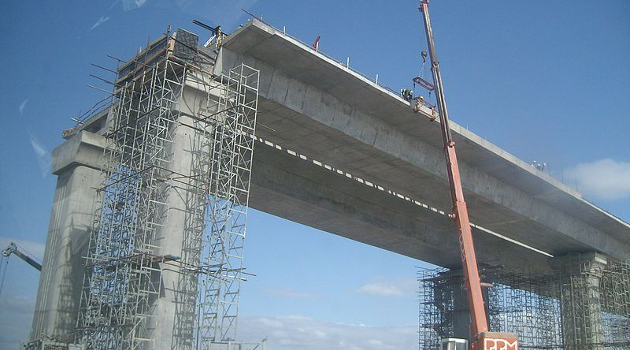This article appeared on AL.com on September 6, 2016.
When average Americans find themselves in significant debt, the obvious choice is to cut unnecessary expenses and work to get the family budget back on track. The same should be true for politicians and government, yet for some reason Alabama’s leaders are intent on compounding the state’s budget crunch by needlessly spending taxpayer dollars on a new bridge over the Intracoastal Waterway.
Alabama is facing large shortfalls for both Medicaid and its General Fund. Politicians are fighting about whether to cut programs or raise taxes in response, when they should be focusing on increasing economic growth. It is also odd that they are so intent on using millions of scarce taxpayer dollars to build a new bridge for the state’s wealthiest citizens when better options are available.
There’s little dispute that traffic is exceeding the capacity of the two bridges currently connecting the relatively wealthy Gulf Shores and Orange Beach to the rest of the state. One is the public I-59, while the other is the privately owned toll bridge Foley Beach Express. The company that owns the Express has shown interest in investing in a new bridge, which would relieve the state or county from needing to come up with the estimated $30 million needed for the project.
State and county officials should welcome private sector interest in solving problems that otherwise would add new burdens to an already strained budget. Instead, Orange Beach Mayor Tony Kennon is trying to bully the owner of the Express to take on the cost of expanding the existing bridge while also cutting toll rates. Otherwise, he says, the county will borrow $30 million and build a “free” bridge itself in order to “put them out of business.”
That would be an irresponsible choice on his part. A new public bridge would benefit a small, relatively wealthy portion of the county at the expense of the poorer taxpaying public. It also would not be free in any meaningful sense of the word. Borrowed funds have to be paid back by taxes. Kennon’s “free” option simply transfers the costs from users of the bridge to the broader public.
The benefit of a private toll bridge is thus not only that investment is raised from private sources that don’t strain the budget, but also that it is paid for by those who actually use it. The private option is both more efficient and more fair.
Mayor Kennon should not be trying to dictate lower toll rates on the existing bridge, especially at the same time as he is demanding the company spend millions on an expansion. He is simply out of line.
The proper toll rate is essentially an economic question, not a political one. Operators need to be free to raise and lower rates as traffic patterns change, which can’t happen when politicians motivated by reelection are involved. Moreover, they have every right to recoup their investment and turn a reasonable profit, otherwise investors would not be willing to finance the cost of a new bridge in the first place.
While forcing a company to lower toll rates might generate populist accolades for a politician, the benefits are entirely illusory. New investment won’t flow if tolls are forced well below market rates. And when no new investors are willing to step forward after seeing how they will be treated, the costs of publicly financing a new bridge would leave taxpayers who may never even see it, much less derive any benefit from it, stuck holding the bag.

